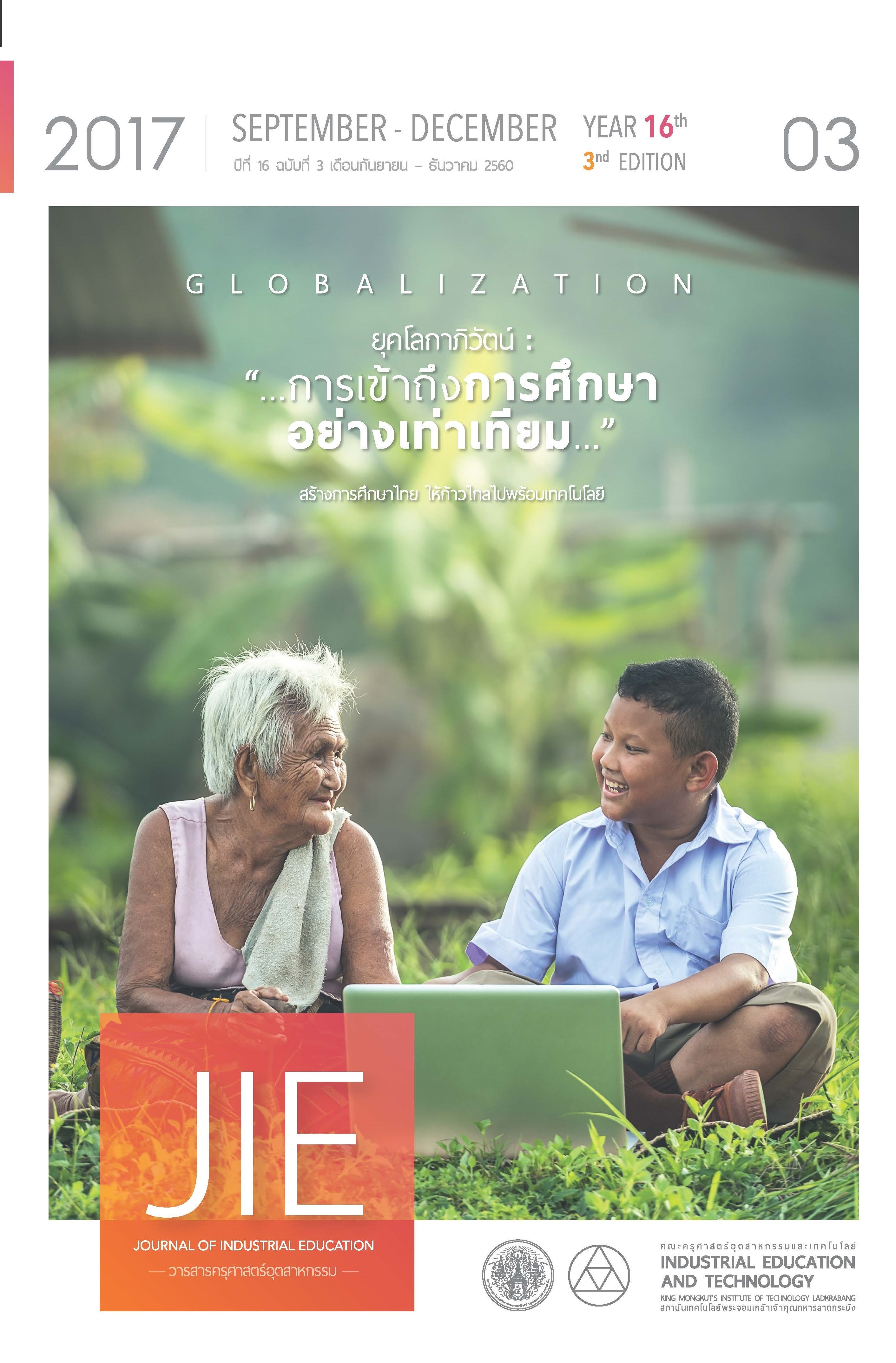A CAUSAL MODEL OF DEVELOPMENT OF CAREER MATURITY IN PSYCHOLOGIST
Keywords:
Career maturity, Psychologist, Psychological capital, Student engagement, Family functionAbstract
The research objectives were to study a causal model of development in career maturity of psychologist and to establish a causal model of development in career maturity of psychologist. The populations used for this study were the students majoring in Psychology .The sample, were derived by means of Multi-stage sampling. Opinions from 936 samples were collected by questionnaires and analyzed by regression analysis, path analysis as well as Structure Equation Model analysis with the SPSS/PC and LISREL Programs. Results indicated that
1 ) Family function, Psychological capital, Student engagement were causes of career maturity of psychologist by which Family function variables affected career maturity of psychologist the most through Student Engagement variables.
2 ) Causal relationship in career maturity of psychologist was consistent with empirical data Chi-square ()= 62.08 df = 61, p = 0.437,
/ df = 1.018, GFI = 0.993 ,CFI = 1.000, RMSEA = 0.004, Career maturity was directly affected by student engagement at 0.51 ,and was totally affected by family function at 0.53.
References
[2] Paiboon Suplom. 2012. Career Maturity Development By Group Career Counseling for Undergraduate Student in Burapha University. Journal of Education and Social Development, 8, P. 47-60.
[3] Super, D.E. 1960. The Vocational Maturity of Ninth-Grade Boys. New York: Teachers College Press, Columbia University.
[4] Crites, J.O. 1981. Career counseling: Models, methods, and materials. New York: McGraw- Hill.
[5] Luthans F., Youssef, C. M., & Avolio, B. J. 2007. Psychological capital. New York, NY: Oxford University Press.
[6] Department of Mental Health. 2017. Annual Report 2016. Retrieved May 20, 2017, from www.dmh.go.th/report/dmh/rpt_year/
[7] Pravit Rojanaphruk.2013. Thai society faces serious social issues. Retrieved October 20, 2016, From www.thejakartapost.com/news/2013/07/11/thai-society-faces-serious-social-issues.html
[8] Epstein, N.B., D.S. Bishop and S. Levin. 1978. “The McMaster Model of Family Functioning”. Journal of Marital and Family Therapy, 4(4), P. 19-31.
[9] Radloff, Ali and Coates. 2009. Australasian Student Engagement Survey 2009 institution report. Retrieved May 20, 2017, from www.research.acer.edu.au/ausse/18
[10] Super ,D.E. 1955. Applying Career Development Theory to Counseling. Brooks/Cole Publishing Company.
[11] Soper, D.S. 2017. A-priori Sample Size Calculator for Structural Equation Models [Software]. Retrieved May 20, 2017, from https://www.danielsoper.com/statcalc.
[12] Haruetaitip Tuntatead. 2014. The Development of Thai-Psychological Capital Inventory. Journal of the psychiatric association of Thailand, 59(1), P. 73 – 83.
[13] Jeeranun Waisriseang. 2009. Factors Affecting Decision Making of Undergraduate Students In Public and Private University on Occupation Selection in Bangkok. Master of Arts (Social Development), National Institute of Development Administration.
[14] Kenny, M.E. and D.L. Blustein. 2006. “Setting the Stage: Career Development and the Student Engagement Process”. Journal of Counseling Psychology, 53(2), P 275-279.
[15] Lee, S., M. Park and C. Tam. 2015. “The relationship between attachment and career maturity: The mediating role of self-efficacy.” International Social Work, 58(1), P.153-164.
[16] Kanchana Boonphak and Papaikan Innoi. 2017. Learning Management for Active Learning. Journal of Industrial Education, 16(1), P 1-4.
Downloads
Published
How to Cite
Issue
Section
License
"The opinions and contents including the words in papers are responsibility by the authors."
"ข้อคิดเห็น เนื้อหา รวมทั้งการใช้ภาษาในบทความถือเป็นความรับผิดชอบของผู้เขียน"



